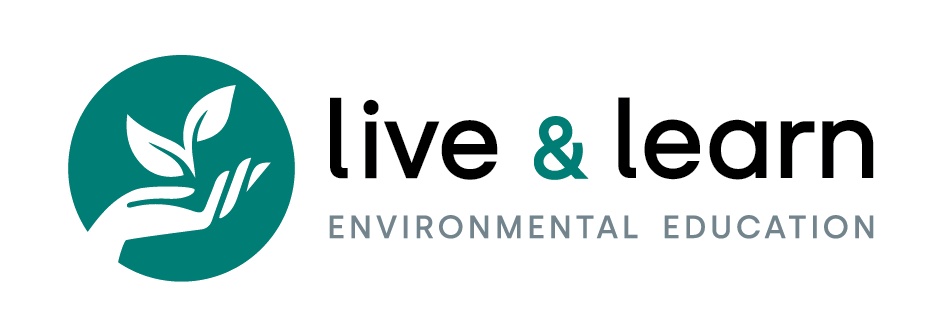In New Ireland, and PNG more broadly, there is a mixture of policies and organisations responsible for climate change adaptation and disaster response, but coordination has often been lacking, leaving communities exposed to disasters like last year’s king tide.
Wanting to create this coordination led Live & Learn PNG to organise a DRR stakeholders’ workshop alongside representatives from the Red Cross, New Ireland Provincial Government, WCS, NBC and others.
This session featured presentations on the current climate change policies and plans existing in the provincial government, discussions from the Red Cross about their programs and approaches, an overview of the provincial disaster plan and formation of the disaster committee and how the government can work more closely with organisations like Live & Learn and the Red Cross. It also featured presentations from Live & Learn staff members Claire, Betty and Christie on the importance of nature-based solutions, GEDSI and water security in creating holistic disaster preparedness.

The meeting concluded with a discussion of the DRR work plan, focusing on the roles of different organisations and how they can work together to achieve their objectives.
With the DRR pathways getting underway in PNG, this workshop was a crucial foundation for bringing together the various important actors necessary to improving preparedness in New Ireland.
‘This particular training was focused on partnership, collaboration and finding out where we are in terms of DRR in the province,’ the CRI PNG team said.
‘It is the first time a workshop like this has been hosted, involving other stakeholders with the same thematic focus of addressing the climate change effects in communities.
‘All stakeholder partners participating in this workshop are committed to combatting climate change, making disaster risk reduction a critical area for collaborative effort.
‘Each organisation possesses unique approaches that can be effectively aligned to reinforce one another; the Red Cross in particular has successfully integrated most of its DRR strategies with the CRI pathways, which can result in significant impacts.’
This integration is expected to enhance learning opportunities in areas such as first aid training and certification, disaster drill training, promoting environmental sustainability in DRR, and safeguarding cultural obligations and customs through a disaster situation.
The provincial government is also likely to contribute to the DRR training by adding information about the National Disaster Act and how they structure their approach to DRR implementation.
This cooperation of the most important DRR organisations in New Ireland will see better preparedness flow through to the communities across the province, ensuring better outcomes the next time a disaster occurs.
Climate Resilient Islands is a New Zealand Ministry of Foreign Affairs and Trade initiative implemented by Live & Learn.

